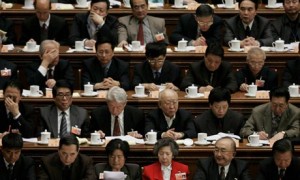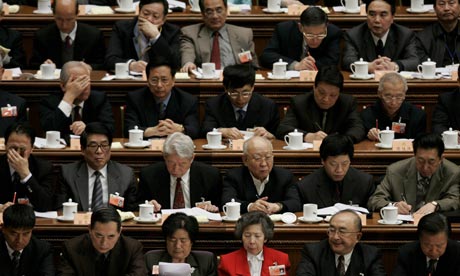 China’s central bank has injected cash into many of the country’s leading banks in the lead-up to the Lunar New Year holiday. The Lunar New Year is China’s largest festival and many banks face a surge in withdrawals from customers in the weeks prior to the festival.
China’s central bank has injected cash into many of the country’s leading banks in the lead-up to the Lunar New Year holiday. The Lunar New Year is China’s largest festival and many banks face a surge in withdrawals from customers in the weeks prior to the festival.
While China’s central bank did not specify how much liquidity it had injected into the country’s largest commercial banks, it did claim that the move was carried out in order to stabilise the market prior to the holidays. The liquidity increases comes at the same time as an upwards adjustment in China’s interbank lending rate.
China’s seven-day repurchase rate, which banks use as a gauge of liquidity, rose a significant amount on Monday. The rate, which had previously been fixed at 4 per cent, increased to almost 6.5 per cent at the beginning of the week. The People’s Bank of China injected new funds into leading banks on the same day.
Financial analysts believe that the central bank injected nearly £26 billion into the country’s financial system via a series of short-term loans made out to major banks in China. The liquidity injection caused China’s seven-day repurchase rate drop to 5.25% within a day.
Nomura economist Zhang Zhiwei, based in Hong Kong, claims that the cash injection is a “significant step” for the People’s Bank of China. Speaking to the BBC, he said the measures “should help to reduce the liquidity risk in the interbank market and the default risk in the corporate sector over the next several weeks.”
China’s state-operated Xinhua news agency has stated that the People’s Bank urged banks to strengthen their asset management to improve financial stability in the run up to the Lunar New Year. China’s banking sector has been affected by credit issues and a slowing economic growth rate over the past 12 months.





